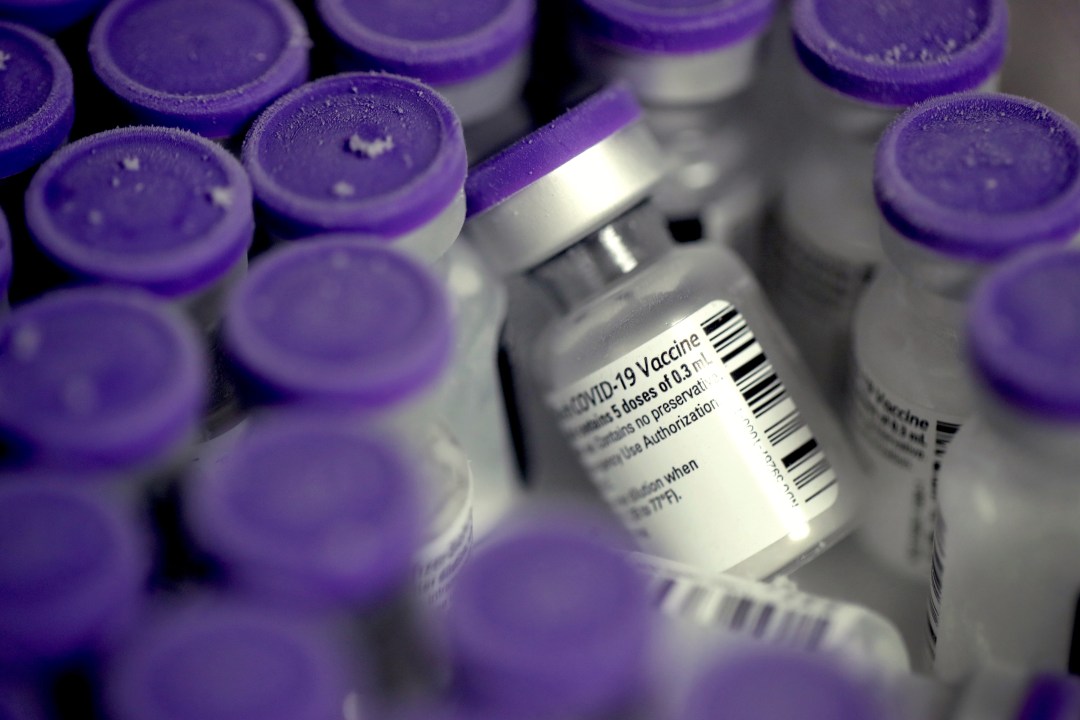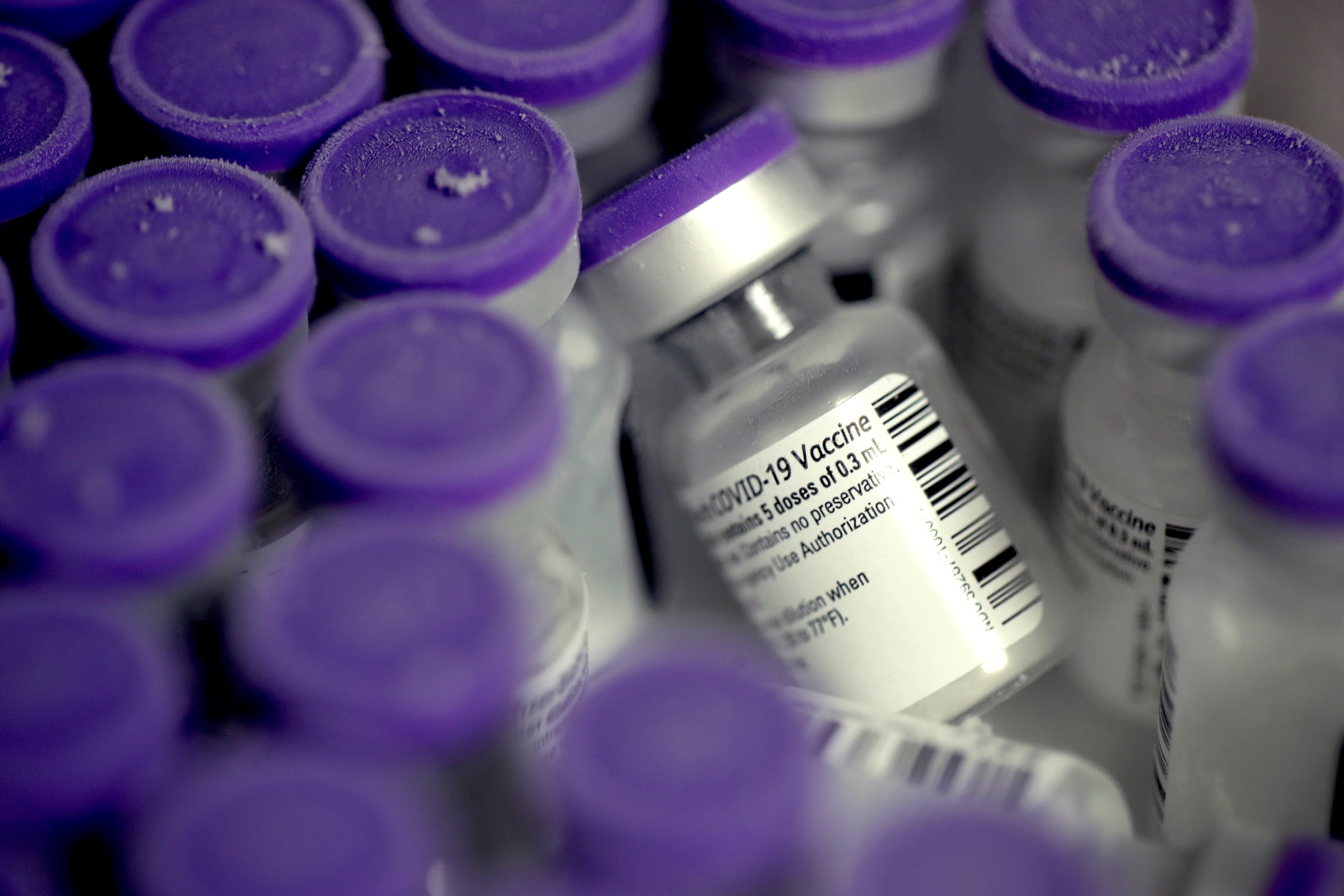When the Office for National Statistics released the last antibody survey a fortnight ago, the results were underwhelming. After watching prevalence in the population shoot upwards for months, the figure had plateaued at 55 per cent. There were several reasons suggested for the stall, including the move to giving second doses and difficulties detecting fading antibodies (which the ONS is quick to point out does not necessarily mean a person no longer has immunity). But, regardless, it raised concerns that it might take longer to reach high antibody prevalence rates than previously hoped.
Thankfully, today’s update has provided plenty of cheer. In the two weeks following the last update (taking us up to the week ending 11 April), antibody prevalence has risen across the UK. In England, 68.3 per cent of people are now estimated to have Covid-19 antibodies, translating to roughly seven in every ten people. In Scotland, Wales and Northern Ireland, it’s roughly six in ten people, up from one in two in the previous survey.
With Covid-19 infection rates on the floor now, the continued rise of antibodies is down to the vaccines, as evidenced by the age breakdown of protection. Some 85 per cent of the over-60s have antibodies, while the level is closer to 90 per cent for the over-80s. The UK’s decision to prioritise the most elderly and vulnerable seems to be paying dividends: at least 97.4 per cent of over 50s have received their first jab, providing protection for those most likely to suffer a severe reaction to the virus.
Today’s data will reinvigorate the discussion around herd immunity through vaccination, which is estimated to kick in at somewhere between 60 and 85 per cent. Even if the threshold ends up being on the higher side, Britain appears well on its way to achieving it. At the start of the year, Sir Patrick Vallance said ‘70 per cent or more’ protection would be needed to reach herd immunity. If he turns out to be right, England is essentially there.
This is Britain’s best hope for a fast economic rebound, and the most credible calculation of immunity is antibody prevalence. If the more optimistic scenarios for GDP recovery are to come out on top, they will come alongside a vaccinated nation that has the confidence to resume normal life.
And crucially, if the data continues to soar, it will put extra pressure on the government to lift Covid-19 restrictions at the end of the roadmap, including rules around social distancing which are still in flux. A new normal in which businesses must still adhere to a ‘one metre plus’ rule will render many outlets, particularly in hospitality, unviable. Justifying lingering rules will become even more difficult when everyone — not just the vulnerable — has been protected.








Comments